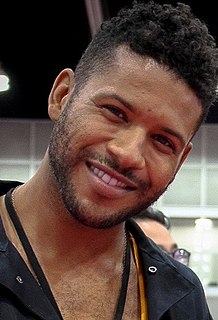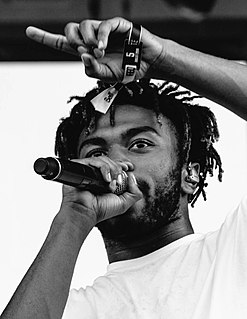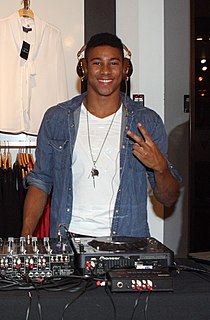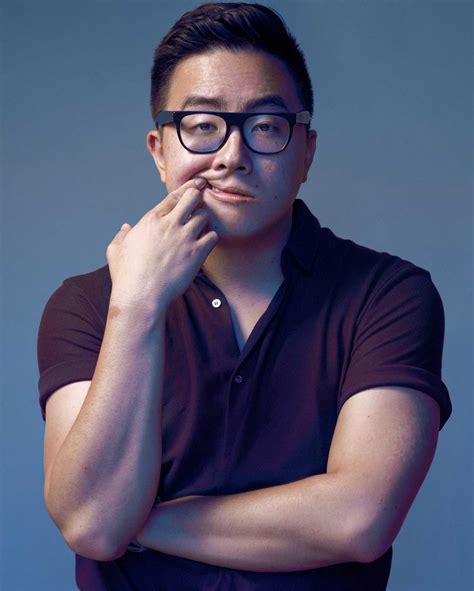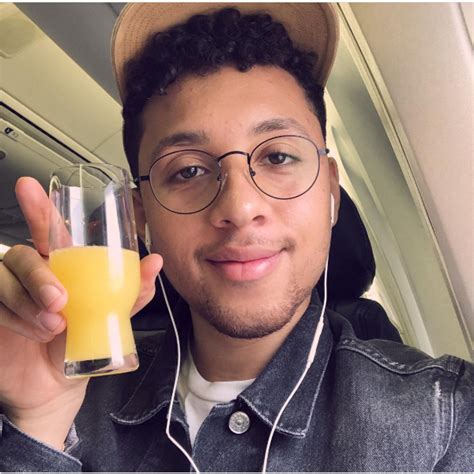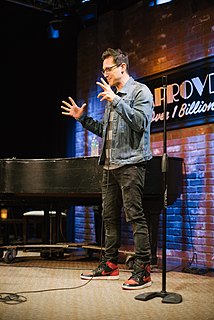A Quote by Jenna Wortham
The radical power of 'queer' always came from its inclusivity. But that inclusivity offers a false promise of equality that does not translate to the lived reality of most queer people.
Related Quotes
A lot of artists I like end up being queer. Or maybe it's a subconscious thing that you can identify of, like, 'Oh this person understands the nuances of the romantic narrative of a queer person, or the social narrative of a queer person.' And then you discover, lo and behold that they are a queer person.
People often ask me why I choose to primarily play queer characters, and my answer is that as a queer man, I choose to align myself with projects in which I can be of service for a purpose greater than myself: to be for an audience of queer people of color, something I didn't have the privilege of seeing as a young man.
A lot of different people under the queer umbrella come together but Like there's something inherently queer about the heist genre, in some way. It's about just flying under the radar and procuring something furtively or, you know, that thing that is just so fun and high-stakes in the way that a lot of queer experiences are.
I am pansexual as I actually remember also being attracted to women as well and thinking that maybe this like, thing where I was attracted to men was just like some weird phase or if it was something I could just ignore. My mom is queer and I have a queer uncle. So, I wasn't completely, you know, shielded from queer representation.



